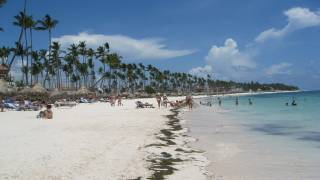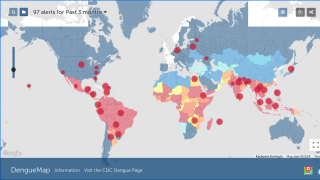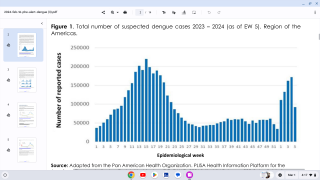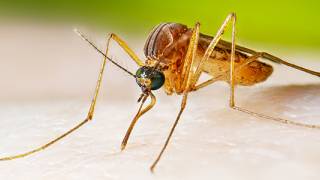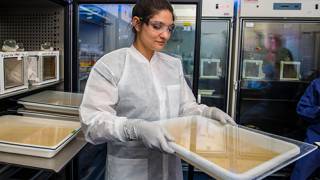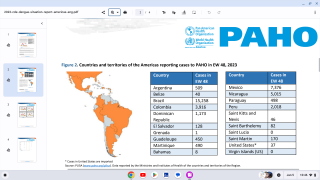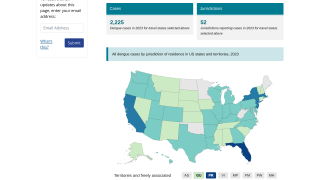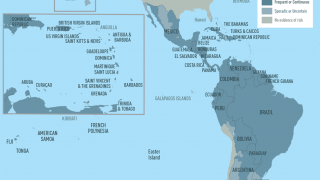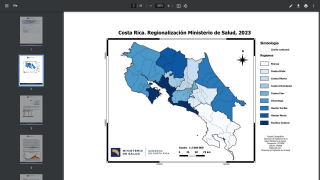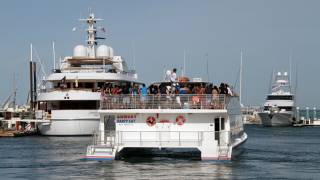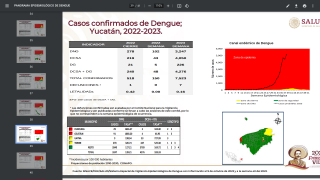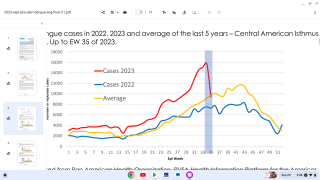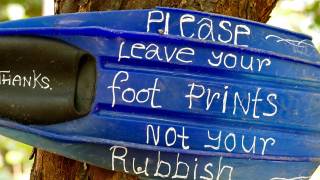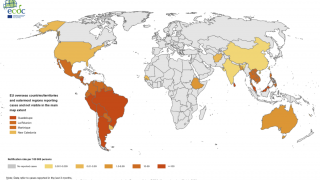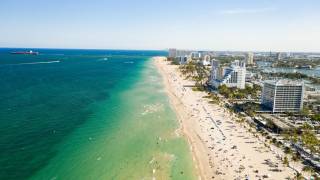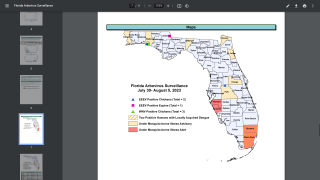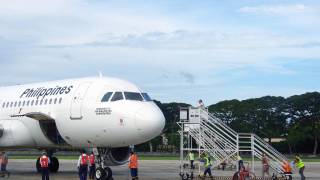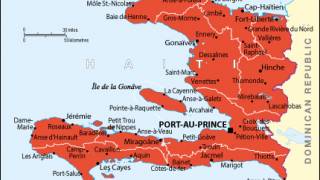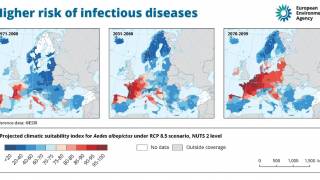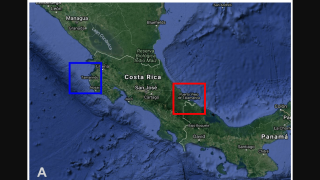Honduras’ Severe Dengue Epidemic Reaches 2,111 Cases
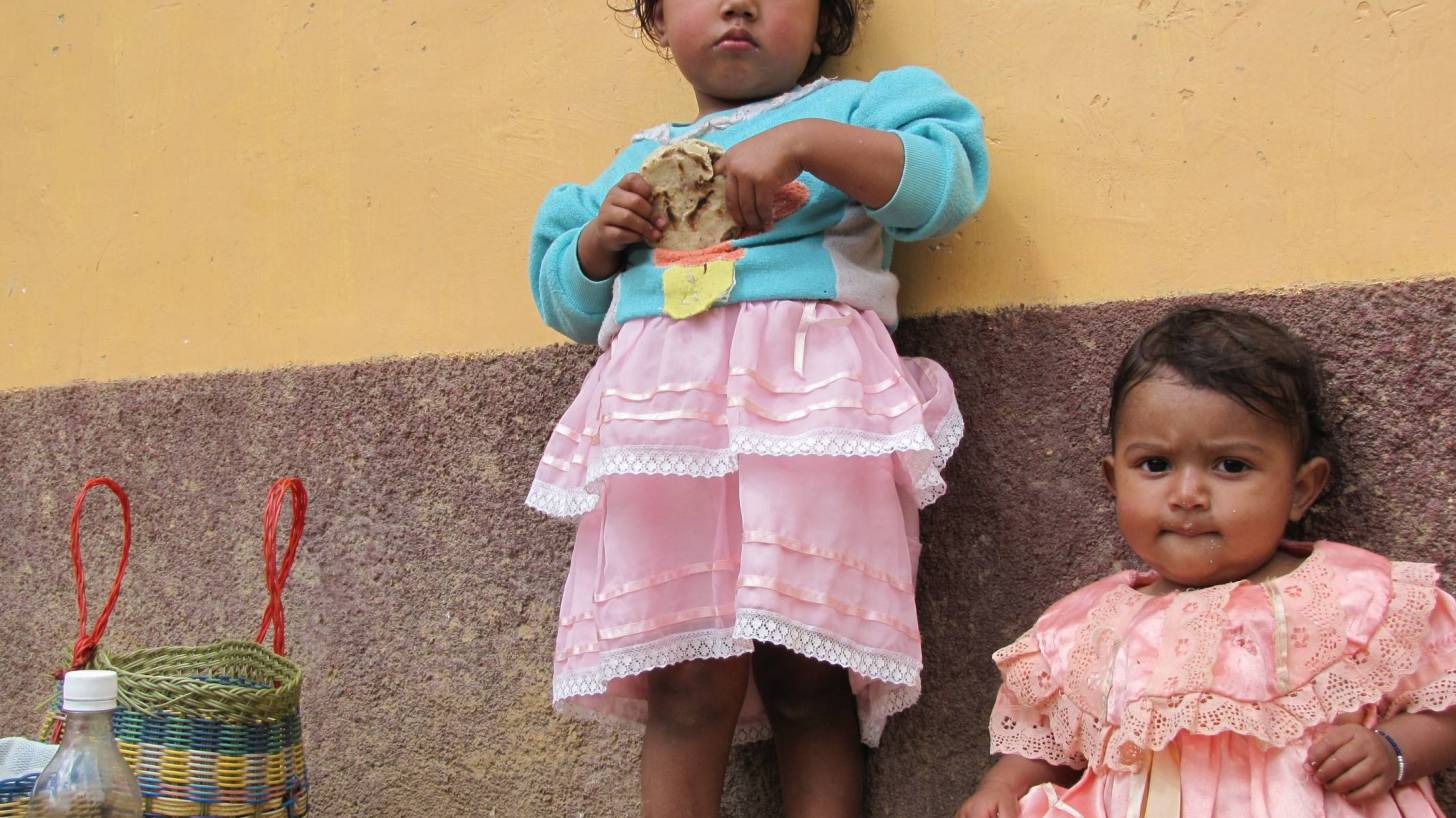
The dengue fever epidemic in the Central America country of Honduras has reached 6,883 cases during 2019, according to Médecins Sans Frontières (MSF), formerly known as ‘Doctors Without Borders.’
Of these dengue cases reported in 2019, there are 2,111 severe dengue cases confirmed as of May 1st.
Dengue fever disease is endemic in Honduras, with previous outbreaks reported in 2015 and 2013, in the Tegucigalpa and San Pedro Sula departments.
The good news is MSF is ramping up efforts to control this new, expanding Honduras epidemic.
MSF is working alongside the National Hospital Mario Catarino Rivas (HNMCR) in the city of San Pedro Sula, by providing doctors, nurses and nursing assistants in the hospital’s dengue ward, as well as in health centers in Choloma.
“The behavior of this epidemic is unusual compared to previous dengue outbreaks,” says Dr. Deysi Fernández, MSF's medical activity manager for the dengue response in Honduras.
“The pediatric dengue ward in HNMCR was planned for 20 cases daily, but in some weeks as many as 50 patients are being treated every day,” says Dr. Fernández in a press release.
During March 2019, the Pan American Health Organization (PAHO) alerted the Region of the Americas to prepare for possible outbreaks of the Dengue Fever virus.
This PAHO alert says dengue is a leading cause of serious illness and death among children in some Asian and Latin American countries. During 2018, there were 560,586 cases of dengue, including 3,535 severe dengue cases, and 336 related deaths.
One option to reduce these dengue outbreaks is administering a preventive vaccine that is available in over 20 countries, including the USA.
But, there are very specific risks related to the Dengvaxia vaccine, which require 3 doses to create immunity and each vaccination should be spaced 6 months apart.
In May 2019, Dengvaxia was approved by the U.S. Food and Drug Administration (FDA) in the United States for use in ‘children with laboratory-confirmed prior dengue virus infection living in an area where dengue is common.’
However, there is not a diagnostic test approved by the FDA to determine if a person had a previous dengue infection.
The vaccine’s manufacturer, Sanofi Pasteur, announced in 2017 that people who receive Dengvaia and have not been previously infected with any of dengue’s 4 viruses, may be at risk of developing severe dengue if they get dengue after being vaccinated.
As of June 1, 2019, information on Dengvaxia's availability in the US territories is pending. The CDC has published maps which identify which countries are confronted with dengue virus outbreaks.
The FDA says anyone interested in the Dengvaxia vaccine should first speak with a healthcare professional.
Dengue is a mosquito-borne viral disease that has rapidly spread in all regions of WHO in recent years. Dengue virus is transmitted by female mosquitoes mainly of the species Aedes aegypti and, to a lesser extent, Ae. albopictus.
This mosquito also transmits the Zika virus, which is a health risk in Honduras.
As of May 31, 2019, the Centers for Disease Control and Prevention (CDC), Canada, and UK health officials have not issued Travel Alerts regarding Honduras's dengue outbreak.
But, these countries have issued Zika virus warnings for pregnant women planning to visit Honduras.
Pre-travel vaccination counseling sessions can be scheduled at Vax-Before-Travel.
Our Trust Standards: Medical Advisory Committee

